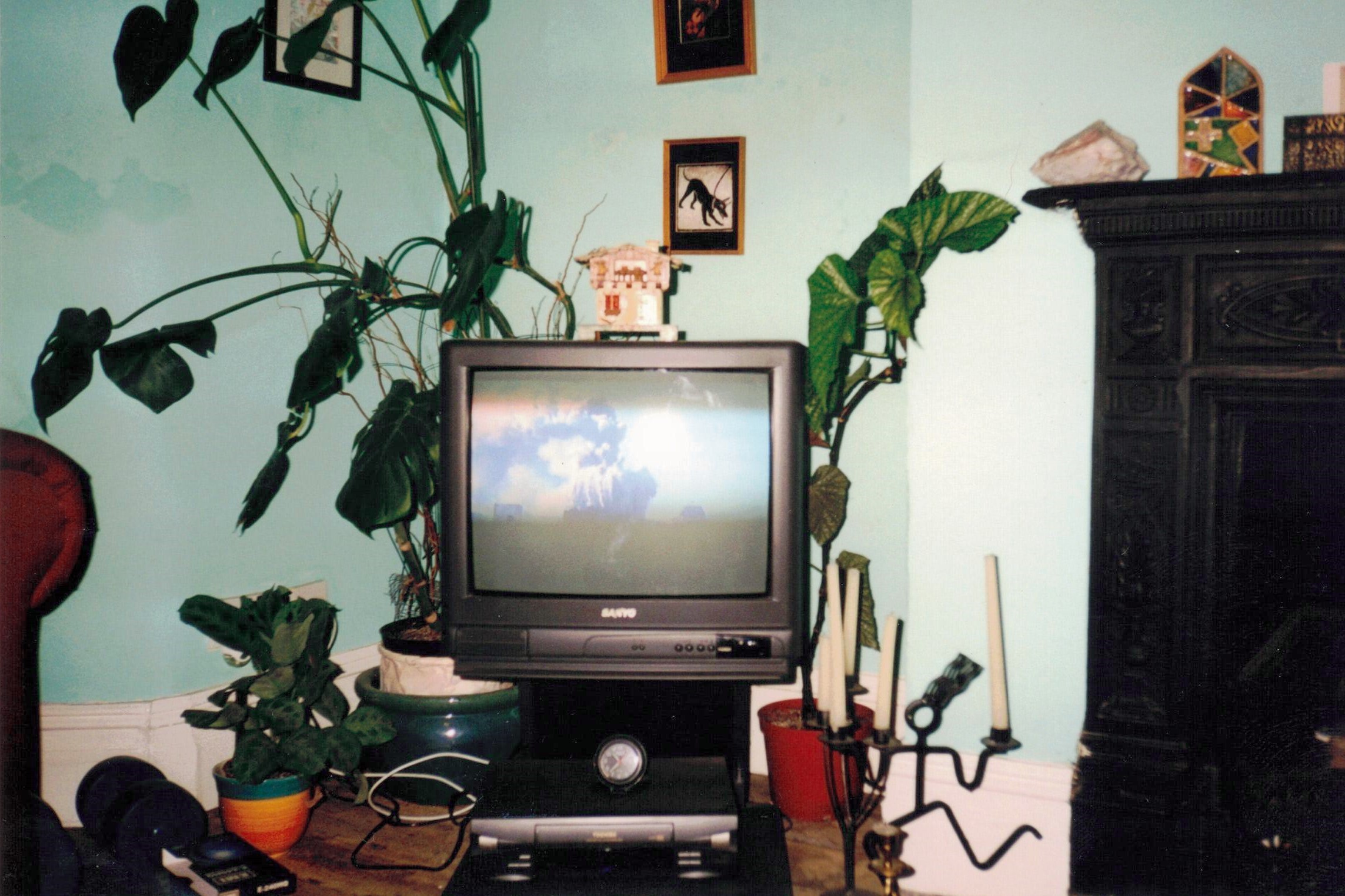
“Why didn’t they use their cell phones?” an American child is reported to have said recently at the 9/11 Memorial Exhibition in New York. A British boy or girl may have been equally baffled. It is hard for my grandchildren to envisage a world when such essentials as mobile phones were hardly widespread, (even now, individual airlines have rules for their usage during flight). Much of the other devices which take up so much of their collective time were in their infancy if not still at the ideas stage. Difficult to imagine that it was only twenty years ago.
It was an ordinary afternoon, a Tuesday, sometime after lunch, our time, at the office of Jean Corston, then MP for Bristol East. We had the internet – we used “Ask Jeeves” and Jean had a “Pager”. Remember them? My colleague Lois, Jean’s PA may have been grappling with The Diary, a taxing, business which had to be kept up to date, through many changes. Meetings delayed, cancelled, rebooked. All down to “Events, dear boy. Events”, as a previous PM memorably said. I was glad it wasn’t my job to make the alterations. I was typing replies to constituents’ letters – and they really were letters, often hand-written, in envelopes, written to the MP on every topic under the sun. Many people in real trouble: deportation, homelessness, prison; others with lesser grief and grievances, some simply having a moan. Lois and I called ourselves “Side-kick & Dogsbody.”
The phone rang: Sam, Jean’s House of Commons researcher. She sounded, alarmed, het up, breathless.
“Do you have a radio or TV in the office?” The words tumbled out as if she’d just run up three flights of stairs. “If you have, switch it on. Now! Straightaway. It’s New York. Something awful is happening!”
We had never felt the need for rolling news before, but I glanced about almost shiftily, as though a radio or TV would magically appear. They didn’t.
“No,” I said, We haven’t. Either. What’s up?”
My son tells me the BBC website crashed. But I can’t remember. Lois, far more techie than me, must surely have tried it. Equally, she must have had a mobile and probably tried to phone home. (No smart phones then,) All I really recall is the sound of Sam’s voice. And that we relied on her to feed us scraps of news, her words often punctuated with “Oh no!. What’s happening now?” or “My God, it’s terrible!”
We had very little knowledge of what was really happening. We were greedy for details but they were sparse. All I know was the incredulity. We kept saying so. Nobody had ever envisaged anything like it. “It’s like Pearl Harbor,” somebody said. Did I dream that? I don’t know. Did it mean war? Nuclear War? Who was the enemy? Not the Russians, surely? We had got over all that, hadn’t we? We had hopeful signs. Perestroika. Glasnost….?
As we parted for home, one of us said, as usual, “See you in the morning.” The other replied, “If we’re still alive!”
I had taken part in the same grim exchange forty years before. Another time, another office. 1962. The Cuban Missile Crisis.
George picked me up from work as usual. I asked him “Did you hear the news?” He was a gardener, working in the open air, seeing nobody. So he had not heard anything. I tried to explain what had been happening that afternoon. I doubt if I made much sense.
Then, at home, for the first time, TV rolled over us in a despairing blanket of news, the pictures, the horror, relayed over and over again. The collapse of the Towers. The dust covering everything. The crowds of terrified people scurrying about on the ground. The doomed jumpers.
Now TV began to piece it together. An aircraft plummeted into the North Tower of the World Trade Center. People watching on the ground thought they were seeing an accident involving a small plane. It was in fact an airliner, a domestic flight, American Airlines 11, with 81 passengers and eleven crew. Seventeen minutes later a second plane, UA 175, 56 passengers, nine crew, crashed into the South Tower. It became clear that it was no accident. Both towers suffered major damage, and were soon engulfed in an inferno. People began jumping to their deaths to escape the flames. Half an hour after the first incident, a third plane crashed into the Pentagon in Washington and elsewhere brave passengers aboard the fourth plane began their courageous attempt to foil the hijackers. Both towers collapsed in gigantic heaps of rubble. About three thousand people died. All US air space was shut down.
As we went to bed, theories abounded but still nobody knew what was really happening except that this was deliberate sabotage. The USA, then the only super-power, was under attack.
I remember the TV more than the events of the afternoon when we were receiving our information piecemeal. It’s strange how quickly one learns to adapt, to accept the previously unimaginable. And after two decades, thankful to still be here.
Kevin adds:
I was walking down the corridor at my work place (Long Ashton Research Station) and my former boss encountered me and said with a very grave expression “Have you heard the news in New York? Some sort of major terrorism event”. I did an about turn and went straight to my computer to look at the BBC News website. It had crashed. With a sixth sense feeling, I was instantly aware of the enormity of the situation. My job had flexible work time and I took the immediate decision to drive home and see what was happening on the TV. My girlfriend of the time and me watched the events unfold in horror. For me this was one of those unforgettable moments (similar to Princess Di’s death and the assasination of JFK). I knew the magnitude of the situation and I decided to take a picture of the TV showing the Twin Towers as they began to fall.
The picture is a snapshot in time. The TV is a box, not a flat screen. At that point we had just 5 channels. Underneath is a VHS video player and a video tape box. We didn’t have a DVD player. The picture was taken with an old fashioned camera with a roll of film inside. I didn’t get a digital camera until 2005. I was also a relatively late adopter of getting a mobile phone. I took out a contract with an old style Nokia handset a year later when I was 32 – perhaps like many, the events of this terrible day may have spurred me on to have a phone “just in case”.
Today, as I look around me on my desk I have two PC monitors, a laptop, a landline, a WiFi printer, two old tablets, and six (yes 6!) mobile phones. One of the mobiles is my iPhone whilst the rest I am getting ready to donate to charity.
So as Mum says above, 20 years ago seems like yesterday but so much has changed.


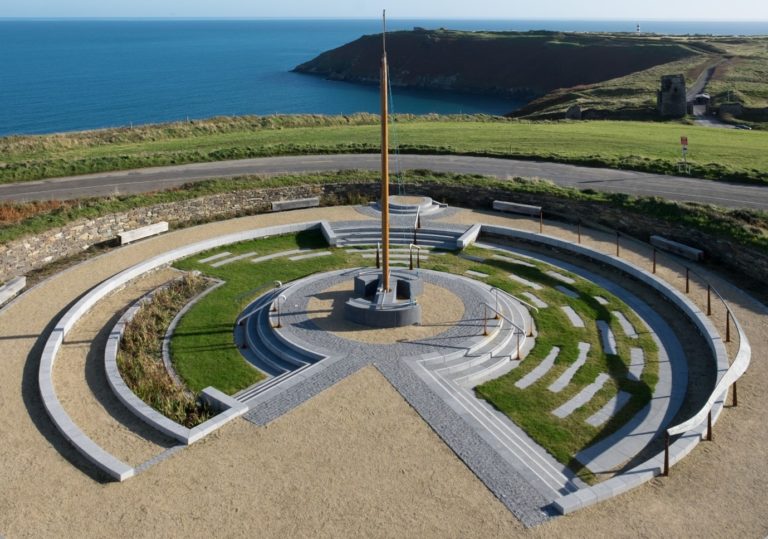
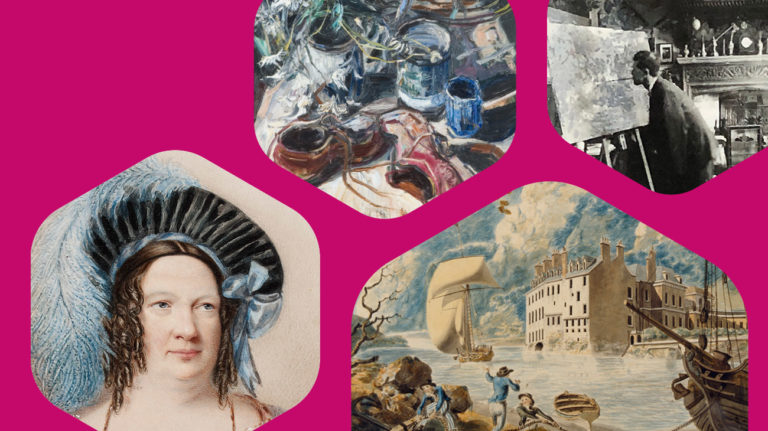
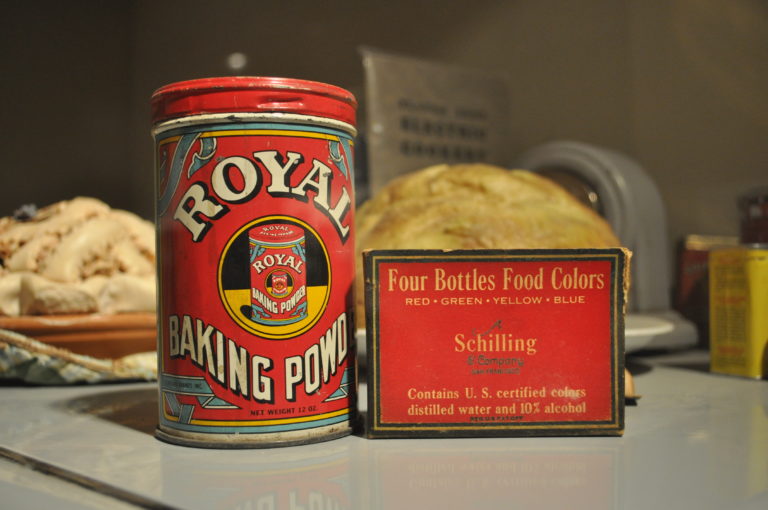
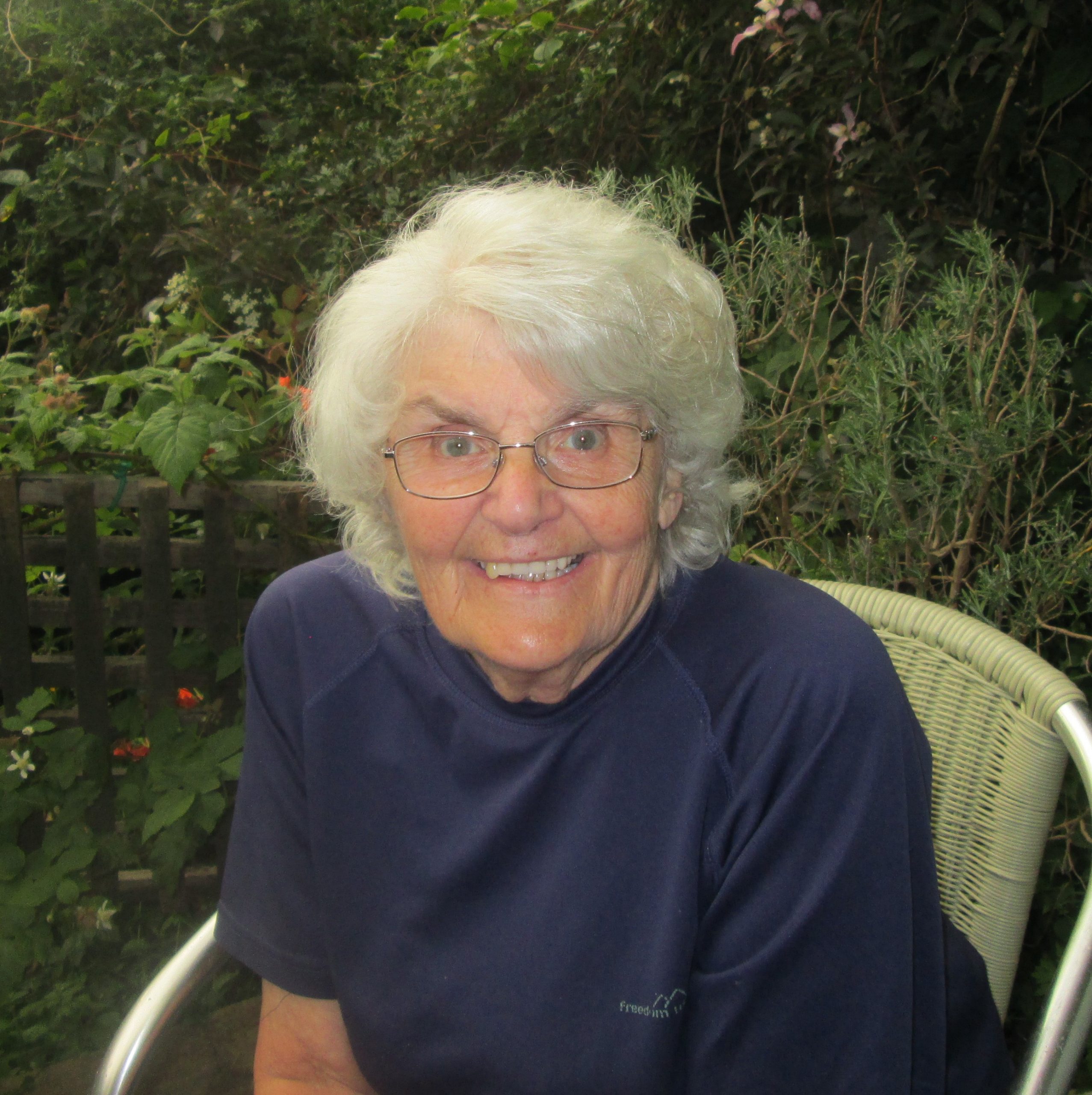



Leave a Comment